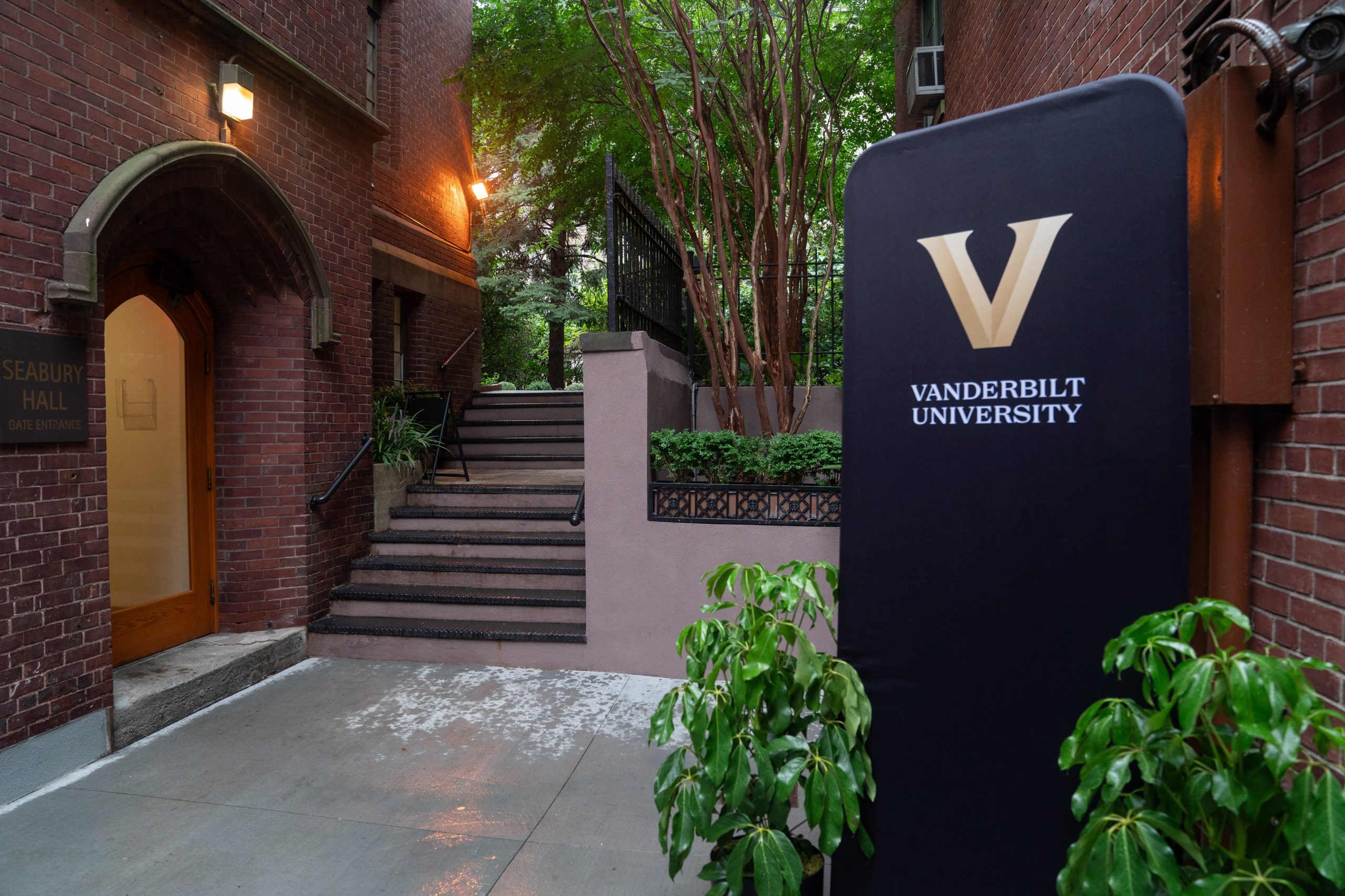Vanderbilt Career Center
Welcome to the Vanderbilt Career Center. Whether you are looking for coaching advice, networking opportunities, digital resources, jobs, internships or other personalized support, we are here to help.


Vanderbilt University–New York City: Academic Internship Program
Vanderbilt University–New York City is a Vanderbilt campus in the heart of New York City that was established to expand Vanderbilt's educational, research and community engagement in one of the world's most vibrant cities. The campus offers undergraduate semester programs and a one-year Master’s of Science in Business and Technology program, linking students to New York’s diverse industries. In addition to academic programming, the campus hosts a range of alumni and community events, executive education workshops and university initiatives.

Spring Career Fair
Thu, Jan 29 • SLC Ballroom • 3–7:00 p.m.
All majors. All industries. All in.
Resources
Students
Check out some of our top resources, learn more about immersive experiences, connect with a Career Center staff member and learn more!
Alumni & Parents
We invite you to partner with us for student-alumni engagement programs throughout the year.
Employers
Find out how you can hire our undergraduate students by connecting with one of our Career Services resources.